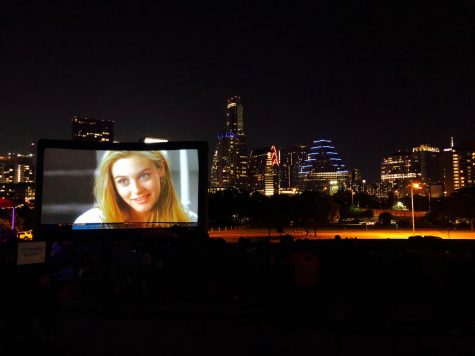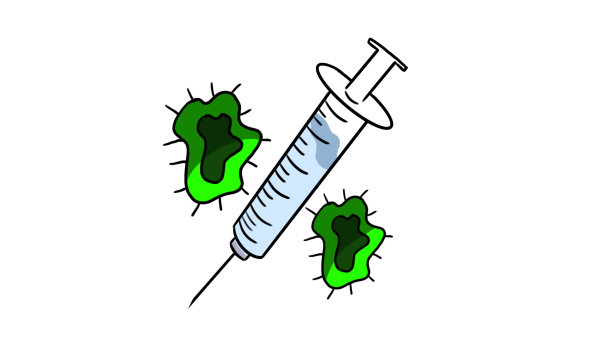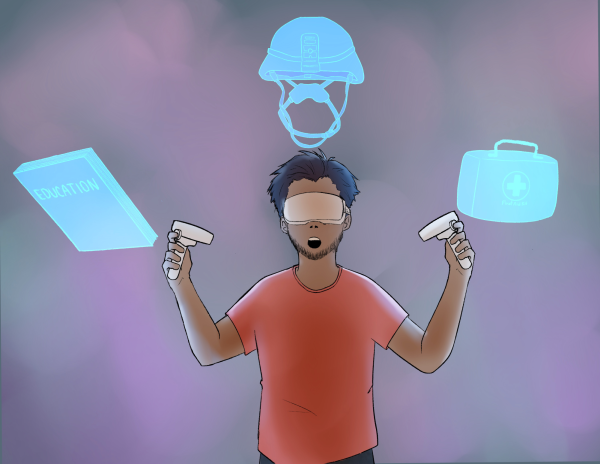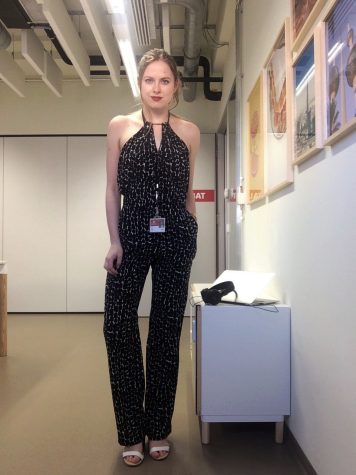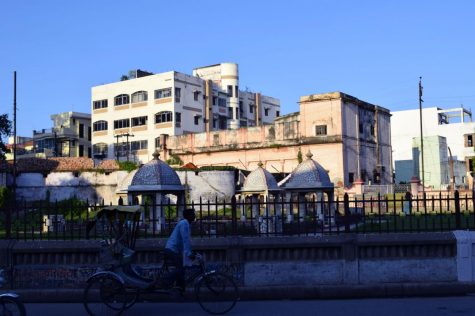DUBROVNIK: the divide between the East and West
I’ve been in Croatia for an entire month now, although it feels much longer, and this week was the first time I ventured to parts of Croatia outside of my lovely little Dubrovnik.
On our way back from our amazing ten day tour of Eastern Europe, our group had to take a train to Zagreb, the capital of Croatia, to make a 5 a.m. flight from there back to Dubrovnik. This meant that the six of us that went on the trip had the pleasure of tackling the exciting and somewhat frightening charm of the Balkans’ public transportation system after nearly two weeks of travel and running on less than three hours of sleep.
We began this trek in Budapest, Hungary, and somewhere between there and the Croatian-Hungarian border, our train came to an
unexpected stop. A railway worker then walked down the isles yelling for everyone to get off the train immediately with no explanation.
Confused and wide-eyed, we followed the herd of people off the train, behind the tiny shack of a train station, and down a small dirt road to a group of buses.
We sat on these still buses for about thirty minutes wondering what on Earth was going on and trying our best to keep the plots of every horror movie we’d ever seen far from our minds. Finally, a man climbs on our bus and without a word, starts the vehicle and begins to drive us down the narrow dirt road.
Eventually, after the bus was searched top to bottom and our passports were checked a total of three times at the Croatian border offices, the buses proceeded to the route and dropped us off at yet another desolate train station where a new train was waiting for us.
Just when we settled into our new carriage and were sure nothing more could possibly take us by surprise, an extremely unkempt man hurried into the room, sat down, shook a bit of white powder onto his hand, and took a deep sniff. You can only imagine my reaction at this point.
Apparently, there is a new trend around Eastern Europe of sniffing white tobacco, something I have not personally heard of. Perhaps this is the substance the man in our carriage enjoyed so thoroughly. I don’t believe we will ever discover what exactly that substance was, or what exactly happened to our first train. However, after everything I witnessed that night, I get the feeling I probably don’t want to know.
We had a short two day recovery period after this ordeal before our API group set out on another excursion to the Plitvice Lakes National Park. This park is in middle of the country about five hours north of Dubrovnik, and is composed of approximately fifteen crystal-clear lakes connected by numerous cascading waterfalls.
Let me just take the time to state that this is probably one of the most beautiful places imaginable. One would think that living in such a place would inspire a collection of cheerful, charming and peaceful locals in a cute, vibrant village.
However, this could not be farther from the truth.
In reality, the people we came across in restaurants, working in the park, and even around the small town could only be described as unpleasant and angry people. On several occasions our waitresses at restaurants were nothing short of bullies, scolding us for making mistakes, and rolling their eyes if we dared to ask questions. As soon as one ventured outside the park the town would be unkempt, unsightly and quite frankly depressing.
These two trips into new parts of Croatia were the first time I really felt like I was in Eastern Europe. No where else had the divide between the East and West been so apparent.
Our Croatian resident directors explained to us that these parts of the country have economies that are completely dictated and controlled by the government. A waitress in this area makes at most the equivalent of $300 US dollars a month and has no chance for advancement or raise. Most people there are very dissatisfied with their life and the way the government treats them, which would explain the unpleasant interactions we had with many of the locals.
Croatia is rapidly growing in terms of their economy as more and more people are discovering the attractions for tourists and businesses. It seems unlikely that these parts of the country will tolerate being under the government’s thumb for much longer, so it will be very interesting to see what the future holds for these newly discovered Croatian destinations.
In the mean time, I will be thankful for the Western influence that resides in my home of Dubrovnik keeping it prosperous and vibrant and hope that next time I encounter the less developed parts Croatia I will be better prepared for all that they may contain.



